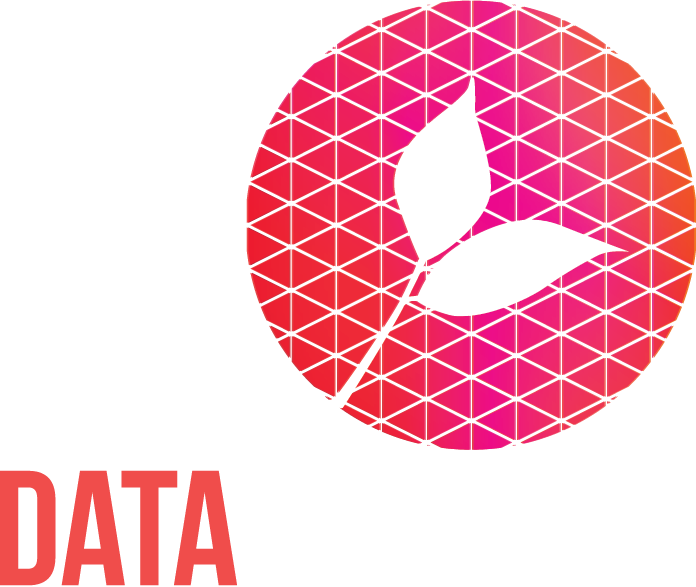The prospects for Herefordians leaving school and college this summer are not good
We are developing a project to provide additional economic evidence to help people and organisations make better investment and policy decisions to support recovery in Herefordshire.
One of the areas we’ve been looking at is the prospects for young people leaving education and entering the workforce this summer.
Recessions are bad for those entering the job market
Leaving education when the economy is weak has a direct impact on employment and pay at least five years afterwards. School leavers and graduates leaving education this year are entering the labour force at a time when the UK economy could shrink by between a quarter and a third over the second quarter of this year. They are less likely to find work than people leaving education in healthier economies and, if they do find work, their wages are likely to be depressed. (IFS 2020).
Recessions in the UK have been associated with rises in unemployment. In the recession following the 2008 crash unemployment in Herefordshire peaked at 5.9%, roughly twice the rate in 2004.
The number of young people entering the job market
It’s hard to get published data on this at Herefordshire level. This represents the best picture we can assemble from the published data we have found.
Roughly half of them would be expected to enrol in a higher education institution and it follows that 1,000 people domiciled in Herefordshire will be likely to finish their undergraduate studies this year. A proportion of them will continue their education.
Over the past years the ratio of people domiciled in Herefordshire studying at postgraduate level compared to those studying at undergraduate level is 1:10.
Across the UK an average of 14% of undergraduates go on to further study. In the most recent year where data are available 71% of undergraduates in the UK went on to employment (or employment and further study) and 5% were assumed to be unemployed. At the height of the last recession 66% of undergraduates went on to employment (or employment and further study) and 9% were assumed to be unemployed.
Across England roughly 55% of undergraduates surveyed typically say they are unlikely to undertake postgraduate study.
Overall it seems likely that:
1,000 Herefordians will enter the job market this year at the age of 18 following secondary and further education
850-900 Herefordians will enter the job market this year following undergraduate study
100-150 Herefordians will enter the job market this year following postgraduate study
The state of the Herefordshire economy
The proportion of people in the county claiming benefits primarily because they are unemployed (one measure of unemployment) in Herefordshire has sharply increased in recent months.
Figures at local authority level are not seasonally adjusted. The average % for each month over the past 10 years and the 95% confidence interval is shown to give an idea of typical variation.
Furlough
30% of employees in Herefordshire had been furloughed in June (a slightly lower proportion than for the region overall where 32% of employees have been furloughed).
71% of self employed people in Herefordshire have made claims under the Self-Employment Income Support Scheme based on figures up to the end of June.
Other economic indicators
Google has released anonymised mobility data for different types of locations across much of the world.
People visited many locations in Herefordshire at a lower rate during the initial lockdown and that has not returned to pre-lockdown rates.
For more information on this dataset visit dataorchard.org.uk/google-mobility-data.
More data
Herefordshire Council provides a range of data about the county at understanding.herefordshire.gov.uk
We are developing a project that, we hope, will mean we can provide a richer picture of the economy in Herefordshire as we begin to recover from Covid, and preferably with live updates. This will be additional to the Understanding Herefordshire data.
We would like to understand more about what data would be helpful to improve investment and policy decisions over the coming months. We’d also like to to talk to people and organisations that hold datasets that might help improve the picture of how the economy is performing.
If you would like better data, hold some data or both: please get in touch with Ben Proctor ben@dataorchard.org.uk
